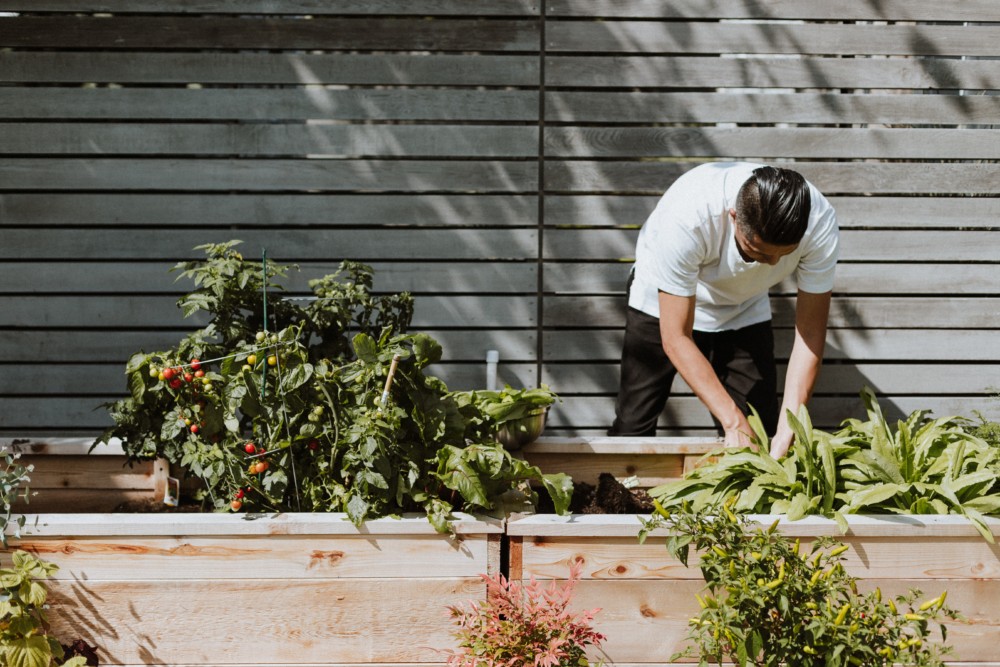
Whether you love tending to shrubbery or you dabble in growing your own food, tending to the Earth and keeping it healthy is the top priority. After all, where would all the beautiful plants of the world be without the Earth?
But how can humans garden without repeating the harmful mistakes certain parts of the agriculture industry makes? There are ways to actually make gardening sustainable to further ensure you’re helping the planet while still getting your greens. Here’s a beginner’s guide to sustainable gardening to get you started.
Composting and Water Conservation
When it comes to water conservation, the general rule is to only water when you need to by checking the dampness of your soil every few days. While there are many ways to conserve water, sustainable gardeners are turning to drip irrigation systems to conserve water while ensuring proper moisture. This slower flow of water eliminates water waste and ensures that the water will be properly absorbed.
Composting is a great way to give your garden the nutrients it needs while reducing your waste. Putting recyclable materials such as leaves, newspaper, and kitchen scraps in a bin will jumpstart a compost pile while lightly watering and turning once a week. However, it’s important to note how much you put in will affect how long it takes. A compost pile can take anywhere from a few weeks to a few years to turn into soil, but the result is more than worth it.
Selecting Native Plants
As a rule of thumb, you want your garden to be 70% native plants, regardless of your garden’s purpose. This is to ensure you don’t need extra fertilizer, and that you’re not introducing anything into your local environment that it can’t sustain. It’s also to your benefit to grow multiple varieties of plants to support pollinators and encourage biodiversity. Encouraging and giving pollinators a home also helps support your plant’s growth and health, as well as your local ecosystem.
Avoiding Pesticides
Pesticides are toxic to most important organisms, including pollinators, other beneficial insects, birds, and fish. These toxic chemicals can also contaminate non-target plants, soil, and your water supply. This is part of the reason why it’s important to conserve water, so you don’t encourage runoff filled with harmful chemicals. In addition, alternatives to pesticides, such as salt spray, eucalyptus oil, and neem oil spray work just as well and don’t harm the environment.
Now that you have a beginner’s guide to sustainable gardening, you can plant without fear and support your local ecosystem while growing the veggie garden of your dreams!

